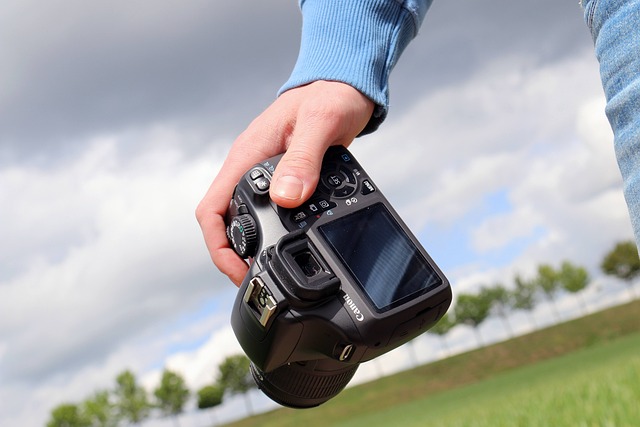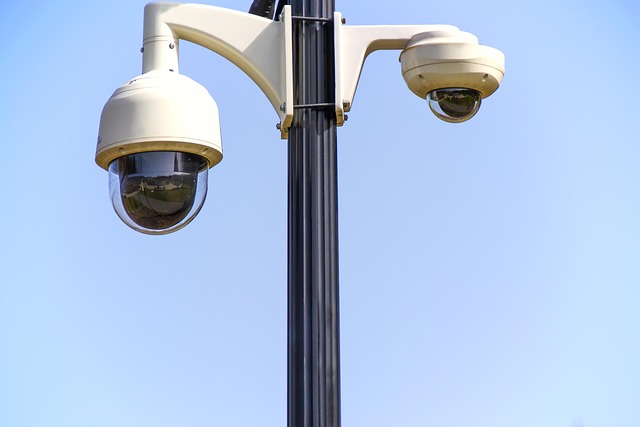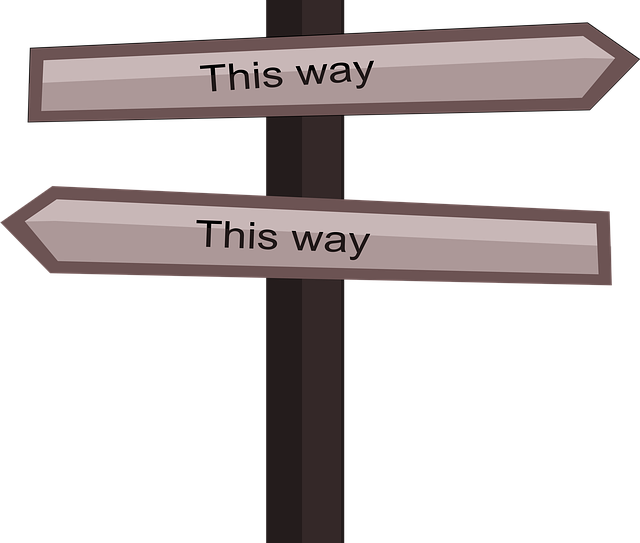When selecting a security camera, prioritize understanding your home's unique layout, size, and entry points. Focus on high-resolution video, night vision, motion detection, and reliable cloud storage for comprehensive protection. Choose between wired or wireless cameras, considering advanced features like two-way audio and wide field of view angles. The ideal camera should offer clear footage with IR technology, covering strategic locations like doors and garages. Seamless integration with smart home systems via voice control and smartphone apps enhances monitoring capabilities. Balance budget considerations with specific needs to find the best security system that meets expectations without overspending.
Choosing the right security camera is crucial for your home’s safety and peace of mind. This comprehensive guide will walk you through the home security selection process, from understanding your needs to integrating with smart home systems. Learn about different camera types and features, evaluate quality and resolution, consider optimal placement and coverage, and discover how to budget for the best security system. By following these tips, you’ll be well on your way to selecting an ideal home camera that effectively protects your property.
- Understanding Your Home Security Needs
- Defining Camera Types and Features
- Evaluating Quality and Resolution
- Considering Placement and Coverage
- Integrating with Smart Home Systems
- Budgeting for the Best Security Solution
Understanding Your Home Security Needs

Understanding your home’s unique security needs is the first step in choosing the right security camera. Consider factors like size and layout, entry points, areas prone to theft or damage, and any specific concerns like monitoring pets or elderly family members. Not all homes require the same level of security, so tailor your selection to match these needs.
Researching different types of security cameras and their features will help you make an informed decision. Look for cameras with high-resolution video, night vision capabilities, motion detection, and reliable cloud storage options. The ideal home camera should seamlessly integrate with your existing home security system, providing a comprehensive and effective security solution that keeps your property safe and gives you peace of mind.
Defining Camera Types and Features

When considering the right security camera for your home, understanding the diverse range of options is key. The home security selection process involves recognizing that cameras can be broadly categorized into wired and wireless types, each with unique features. Wired cameras offer reliable connectivity and often provide higher resolution footage, while wireless models offer flexibility and easy installation.
Furthermore, look for ideal home cameras equipped with advanced features such as motion detection, night vision capabilities, and two-way audio. These functionalities ensure an effective security system, allowing you to monitor your property remotely and communicate through the camera. With these considerations in mind, you can narrow down your options and choose the best security system tailored to your specific needs.
Evaluating Quality and Resolution

When evaluating potential security cameras, one of the most crucial aspects to consider is video quality and resolution. The right security camera should provide clear and detailed footage, allowing you to effectively monitor your home’s activities. Opt for a camera with high-definition (HD) or even 4K resolution for optimal visibility. This ensures that any details, from facial expressions to license plate numbers, can be clearly seen, enhancing the overall effectiveness of your security system.
Additionally, look into the camera’s image sensor type and night vision capabilities. Advanced sensors like those with IR (Infrared) technology offer superior low-light performance, ensuring consistent surveillance even in complete darkness. High-quality cameras also typically feature wider field of view angles, capturing more of your surroundings in a single frame, which is vital for comprehensive home security coverage.
Considering Placement and Coverage

When picking the right security camera, considering placement and coverage is paramount. The ideal home camera should offer a comprehensive view of your property, typically capturing both entranceways and areas prone to potential threats. Think about where you want to install it—front door, backyard, garage, or even interior rooms—to ensure maximum protection.
Effective security cameras should provide ample coverage, with clear, high-resolution footage. The best security system includes cameras with wide-angle lenses, night vision capabilities, and motion detection features. These elements collectively contribute to a home security selection that not only dissuades intruders but also provides peace of mind for homeowners.
Integrating with Smart Home Systems

When picking the right security camera, consider its integration with your smart home system. Modern homes are increasingly equipped with smart hubs that allow devices to communicate and work together seamlessly. The ideal home camera should be compatible with platforms like Amazon Alexa, Google Assistant, or Apple HomeKit. This enables voice control, remote access via smartphones, and the ability to link camera footage with other smart devices for a comprehensive home security selection.
Choosing security cameras that integrate well with your existing system can enhance overall security effectiveness. For instance, you might set up automated routines where your lights dim when a motion sensor is triggered, or receive instant alerts on your phone if a camera detects unusual activity. This integration not only improves convenience but also creates a best security system by providing real-time insights and control over your home’s safety.
Budgeting for the Best Security Solution

When it comes to selecting a home security camera, budgeting is a crucial factor that will significantly impact your final choice. The right security camera doesn’t have to break the bank; there are excellent options available for various price points. Start by defining your needs and expectations; do you require 24/7 monitoring? Do you want motion-activated alerts or high-definition video? These considerations influence the level of investment required.
Remember that choosing the ideal home camera isn’t just about the lowest price tag. It’s about finding an effective security system that aligns with your budget and offers reliable performance, clear footage, and peace of mind. Compare features, read reviews, and consider long-term value to ensure you get the best security solution for your home without overspending.
